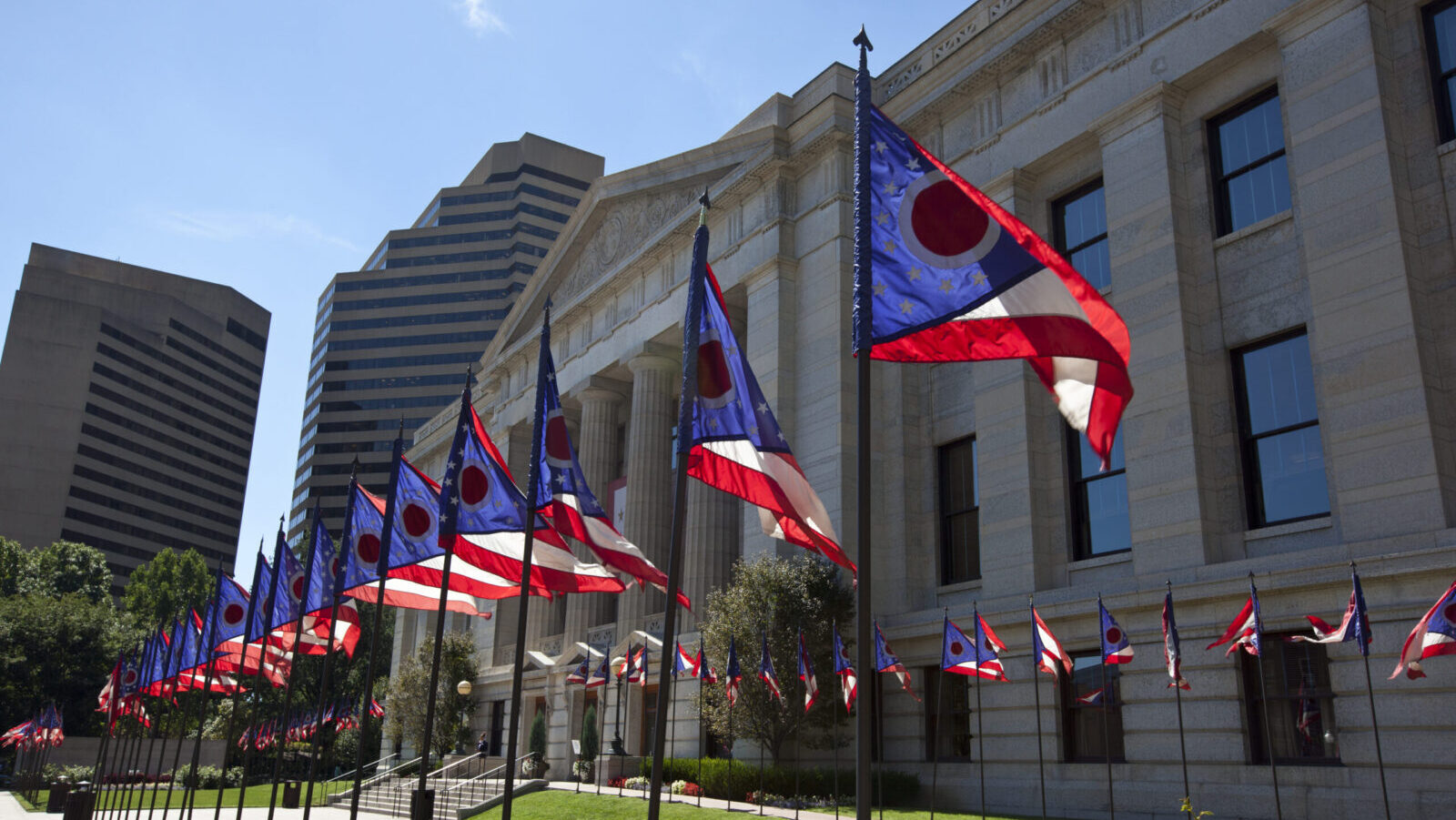Casino Lobbying In Texas Becomes A Double-Edged Sword For Sports Betting Legalization
The heightened opposition to gambling in general — fueled by the casino debate — is now spilling over into the discussion around sports betting
3 min

The future of legalized sports betting in Texas has become entangled in a web of lobbying efforts and political maneuvering centered around the more contentious issue of casino legalization. The Lone Star State, the second largest in the U.S. after California to not have legal sports betting, is facing increasingly complex challenges that could derail the prospects for legalization in the near future.
According to a recent report from Eilers & Krejcik Gaming (EKG), a Southern California-based advisory firm specializing in the gaming industry, Texas has been removed from the list of states likely to legalize sports betting in 2025. The report highlights the growing influence of anti-gaming advocates and the intensified lobbying for casino legalization as significant obstacles to the advancement of sports betting legislation. As a result, EKG doesn’t expect there to be any chance of a sports betting launch until 2028, at the earliest.
“We previously projected that Texas would legalize in November 2025 via ballot measure, and then launch in fall 2026. We’ve now pushed the timeline back a legislative session, with legalization occurring in November 2027, and launch occurring in time for the NFL season opener in fall 2028.”
– Eilers & Krejcik Gaming
Central to this issue is Las Vegas Sands, the casino and resort behemoth that has invested millions over the past decade in efforts to bring casinos to Texas. The company, undeterred by previous failures, is once again leading the charge for a casino bill as the state’s biennial legislative session looms on the horizon. This renewed push for casinos, however, has sparked a fierce backlash from anti-gaming groups, who have become more organized and vocal in their opposition.
These groups argue that legalizing casinos would open the floodgates to a host of social and economic problems, including gambling addiction, crime, and the destabilization of local economies. Their intensified efforts to block casino legislation have, in turn, complicated the landscape for sports betting advocates, who find themselves caught in the crossfire.
The political calculus
The EKG report suggests that the heightened opposition to gambling in general — fueled by the casino debate — is now spilling over into the discussion around sports betting. The firm notes that the same groups mobilizing against casinos are also likely to resist sports betting, viewing it as a precursor to broader gambling expansion in the state.
“While the move might seem counterintuitive—the House passed an OSB bill in 2023, after all—our projection reflects the reality that the Senate is the chamber that matters, and things there are not moving in the right direction.
Case in point: the state Republican Party platform, published in June, instructs lawmakers to oppose (1) any gambling expansion, and (2) any budget that relies on funds from expanded gambling.
Notably, it even explicitly addresses the warmer reception expansion has had in the House—the platform calls on lawmakers to ‘oppose any effort from the House leadership…to pressure members to vote for expanded gambling.'”
– Eilers & Krejcik Gaming
The conservative leadership in Texas has traditionally been wary of expanding gambling, despite the potential for significant tax revenue. Governor Greg Abbott and Lieutenant Governor Dan Patrick have expressed reservations about legalizing any form of gambling, including sports betting.
However, there is also a growing chorus of voices within the state that sees sports betting as a more palatable alternative to casinos. Sports betting, they argue, could be a way to tap into new revenue streams without the broader social implications associated with brick-and-mortar casinos. Yet, these voices are being increasingly drowned out by the broader anti-gaming narrative that has taken hold in the state.
The economic argument
Proponents of sports betting, as they’ve done in other states, argue that Texas is missing out on a substantial economic opportunity by not legalizing it. The state’s population, which is among the largest in the U.S., combined with its deep-rooted sports culture, presents a lucrative market for sports betting operators. Neighboring states like Louisiana and Arkansas have already legalized sports betting, and proponents argue that Texas is losing potential revenue to these states.
Moreover, the rise of online and mobile sports betting platforms has made it easier for Texans to place bets in states where it is legal, further eroding potential state tax revenues. According to estimates, legalizing sports betting could generate hundreds of millions of dollars annually for Texas, which could be used to fund public services, infrastructure projects, or education.
As Texas heads into its 2025 legislative session, the battle lines are clearly drawn. On one side are powerful lobbying groups, like Las Vegas Sands Corp., pushing for casino legalization and, by extension, potentially muddying the waters for sports betting. On the other side are anti-gaming advocates, emboldened by the casino debate, and conservative lawmakers who are wary of any expansion of gambling.





